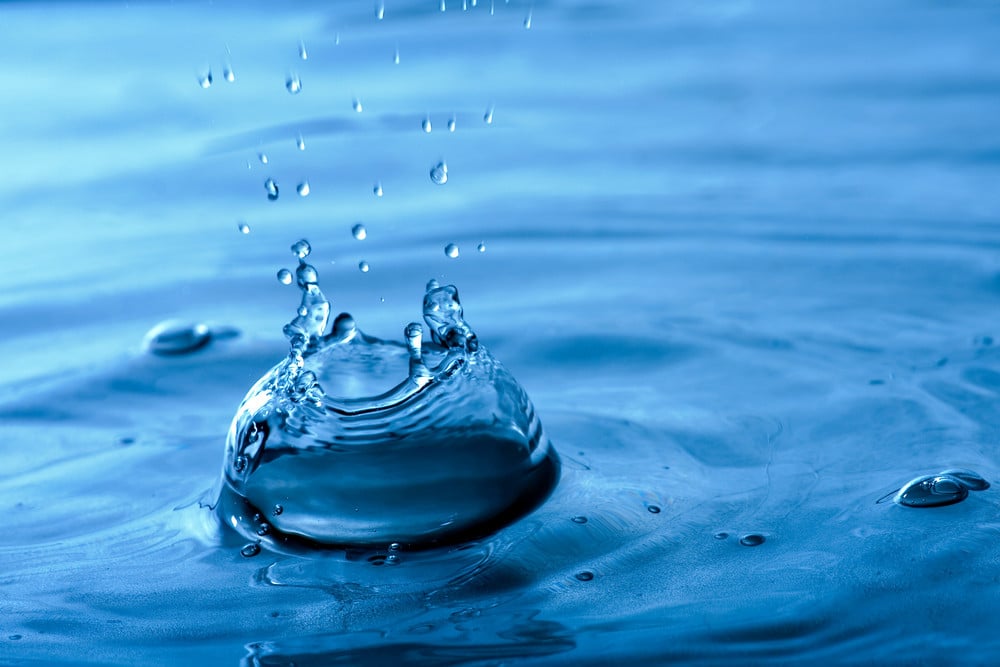If you want your gardens, flowerbeds, or other green spaces to thrive, proper irrigation can go a long way. With the right residential irrigation system, you can ensure that plants are getting as much water as they need. This will help them thrive even, if the local climate would be otherwise inhospitable. That said, you might not know which irrigation system you should get, so let’s take a closer look at some key considerations.
What Are You Growing?
One of the most important factors to consider is what type of plants you are growing. According to the U.S. Department of Agriculture, wheat, soybeans, and cotton have combined 219 to 242 million acres since 1990. Some of these plants may thrive with a drip irrigation system, while others may fail. Water needs for plants can vary widely, so when selecting a residential irrigation system, you should first look at the needs of the plants to be watered.
What Does the Local Soil Look Like?
Whether for commercial or residential purposes, soil is another crucial factor when it comes to setting up an irrigation system. If the soil is hard, dense, and resistant to soaking up water, sprinkler irrigation systems might not be as effective. The water may fail to penetrate the soil before it evaporates or runs off.
How Can Local Topography Effect Irrigation?
Watering hills and inclines is especially difficult because water may run off before it’s soaked up by the ground or plants. In such situations, misting irrigation systems, which deliver water straight to leaves, may prove more effective than a drip hose or sprinkler. Of course, some plants don’t do well with misting systems because their leaves may not soak up water.
What Does the Weather Look Like?
One thing that is easy to overlook is local wind patterns. If you live in a windy area, sprinkler systems are often less effective because the wind will blow airborne water away. This could leave plants deprived of water. In such environments, a drip hose may work better as far as residential irrigation is concerned.
Likewise, if you live in a hot, dry climate, evaporation is going to be a serious challenge. This is especially true if you try to set up a sprinkler system. The sun may cook away water before it can soak into the ground.
As you can see, there are many different factors that must be considered when setting up a residential irrigation system. Further, the above considerations are not exhaustive. Should you need further help choosing an irrigation system, get in touch with Monsoon Irrigation by filling out a form or calling.

